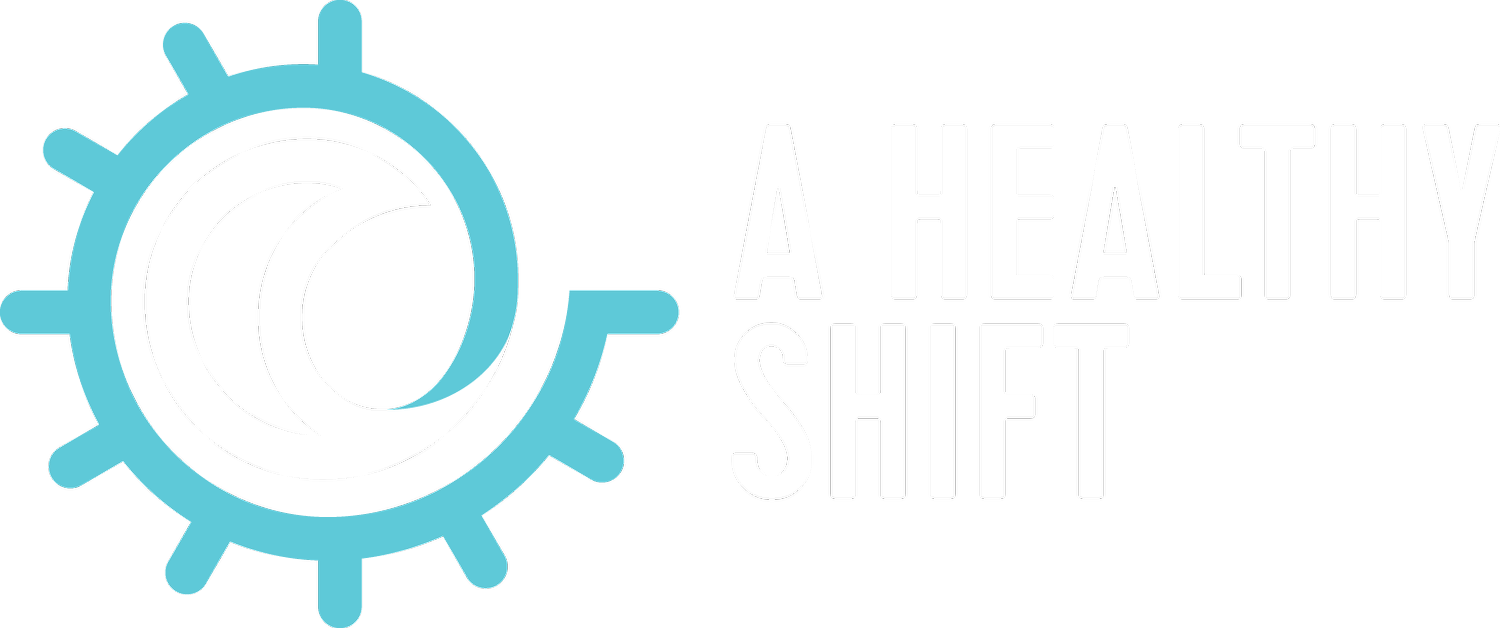The Critical Connection: Exploring the Impact of Poor Sleep on Mental Health in Front Line Health and First Responders
Sleep, the strategy to improve mental health
Introduction:
In the fast-paced world of frontline health and emergency response, sleep is often sacrificed in the name of duty. However, what many fail to realise is the profound impact poor sleep can have on mental health, particularly for those on the front lines. In this blog, I'll delve into the intricate relationship between sleep and mental well-being among frontline health and first responders, examining the detrimental effects of sleep deprivation and offering evidence-based strategies for improvement.
Understanding the Impact:
Frontline health and first responders face unique challenges that often disrupt their sleep patterns. Long hours, irregular shifts, and exposure to traumatic events can all contribute to poor sleep quality. Unfortunately, the repercussions extend far beyond feeling tired the next day.
Anxiety and Depression: Sleep deprivation has been linked to an increased risk of anxiety disorders and depression among frontline workers. Studies have shown that individuals with chronic sleep problems are more likely to experience symptoms of anxiety and depression, which can significantly impact their ability to perform their duties effectively.
Cognitive Function and Decision-Making: Adequate sleep is crucial for optimal cognitive function and decision-making. However, sleep-deprived individuals often experience impaired judgment, reduced attention span, and slower reaction times. In high-pressure situations, such as emergency response scenarios, compromised decision-making due to poor sleep can have serious consequences for both responders and those they serve.
Stress Response and Emotional Reactivity: Sleep deprivation amplifies the body's stress response, making individuals more susceptible to emotional reactivity and burnout. Frontline workers already face high levels of stress in their roles, and inadequate sleep only exacerbates these challenges. Moreover, poor sleep can hinder emotional regulation, leading to heightened emotional responses and decreased resilience in the face of adversity.
Strategies for Improvement:
Recognising the importance of addressing sleep issues among frontline health and first responders, let's explore evidence-based strategies for improving sleep quality and safeguarding mental well-being.
Prioritising Sleep Hygiene: Establishing a bedtime routine and creating a conducive sleep environment is essential for promoting restful sleep. This includes minimizing exposure to electronic devices before bedtime, keeping the bedroom dark and quiet, and maintaining a consistent sleep schedule whenever possible.
Stress Management Techniques: Frontline workers can benefit from stress-reduction techniques such as mindfulness meditation, deep breathing exercises, and progressive muscle relaxation. These practices not only promote relaxation but also help manage the physiological effects of stress on the body.
Work Schedule Optimisation: While shift work is often unavoidable in frontline professions, efforts can be made to optimize work schedules to minimize the disruption to sleep patterns. This may involve implementing rotating shifts strategically, providing adequate breaks between shifts, and offering resources for coping with the challenges of irregular schedules.
Seeking Support: Encouraging frontline workers to seek support from mental health professionals or support groups is crucial for addressing sleep-related mental health issues. Providing access to counselling services, peer support networks, and resources for managing stress can help individuals navigate the emotional toll of their work.
Conclusion:
In conclusion, the impact of poor sleep on mental health in frontline health and first responders cannot be overstated. By understanding the interconnectedness of sleep, mental well-being, and job performance, we can begin to prioritise sleep as a critical component of overall health and resilience. By implementing evidence-based strategies for improving sleep quality and managing stress, we can support frontline workers in their mission to provide quality care and emergency response while safeguarding their own well-being.
Here’s the takeaway:
Disruptions to/or poor sleep may increase the risk of damaging mental health and cognitive ability.
We should be prioritising sleep, managing stress, having solid sleep hygiene in place and ensuring we are sleeping in an environment conducive to good restorative sleep at all times.
If sleep is an issue then speak to your physician and they can steer you in the right direction to support you.
Early intervention is essential.
This blog serves as a call to action to prioritise sleep and mental health support for frontline health and first responders, recognizing their invaluable contributions to society and the importance of ensuring their well-being. Together, we can create a culture that values restorative sleep as a fundamental pillar of health and resilience in frontline professions.
CLICK HERE TO LISTEN TO MY PODCAST IN MORE DETAIL ON THIS TOPIC
How this impacts shift workers around the world
At A Healthy Shift, we’re always learning and evolving to better understand the dilemmas faced by shift workers. And having a coach that understands the ins and outs of shift work (Roger, has worked nearly four decades in 24/7 shift work) means you can access evidence-based, holistic support to:
· Improve your work life
· Balance shift work with your home and social life.
· Minimise your risk to your mental health by poor sleep.
Learn more about A Healthy Shift’s personalised coaching so we can pave the way to a healthier, more informed future for your own health's sake.
Note:
I also run Nutrition, Health & Wellbeing Seminars for shift working environments. Find out more HERE


